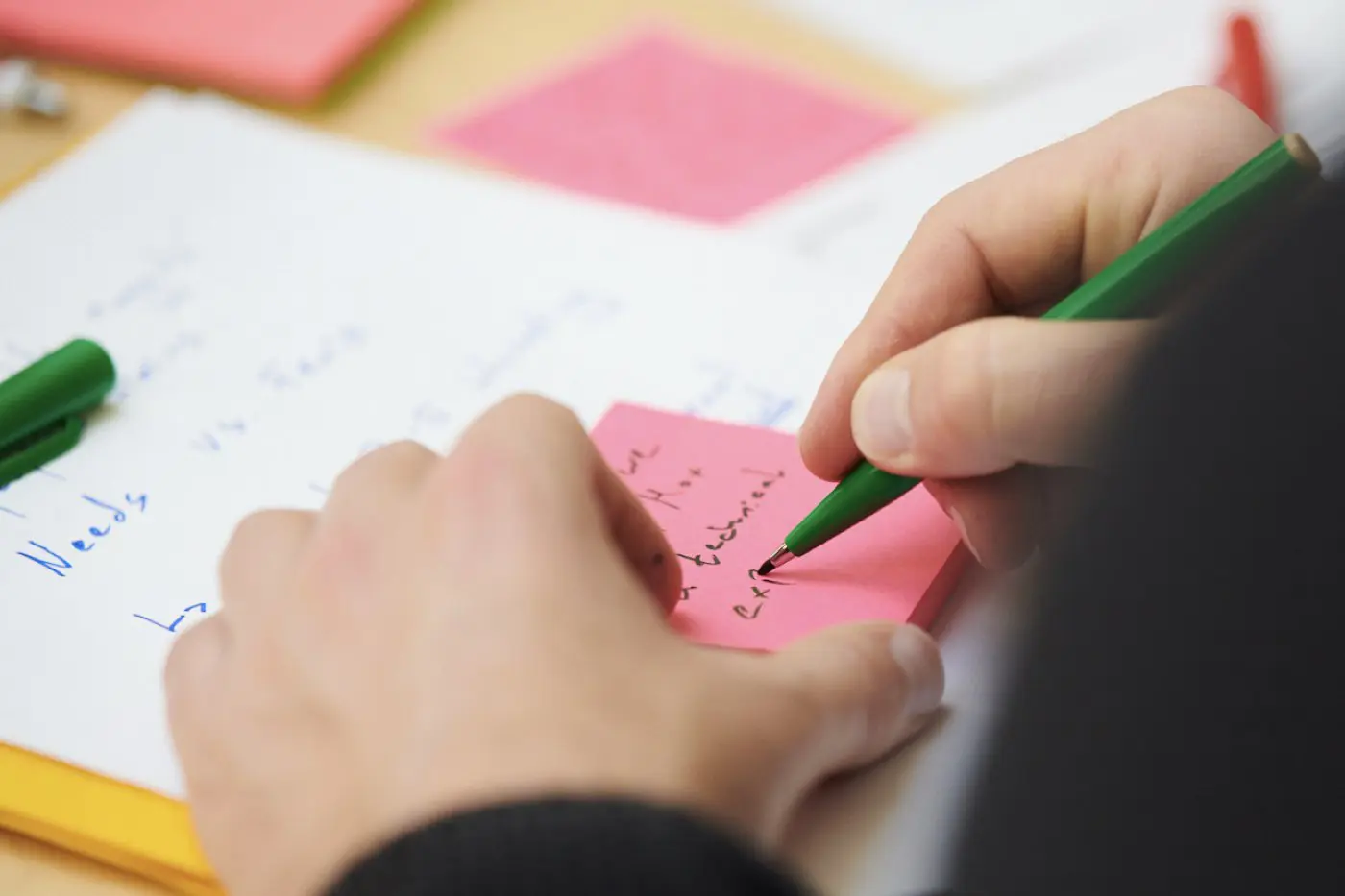
#Team coaching
Goodbye,
Silo Mentality!
The pressure to succeed does not have to lead to silos: Together with Insel Consulting, we have supported teams in coming together across departmental boundaries, sharing knowledge, and redesigning their collaboration in a sustainable way.